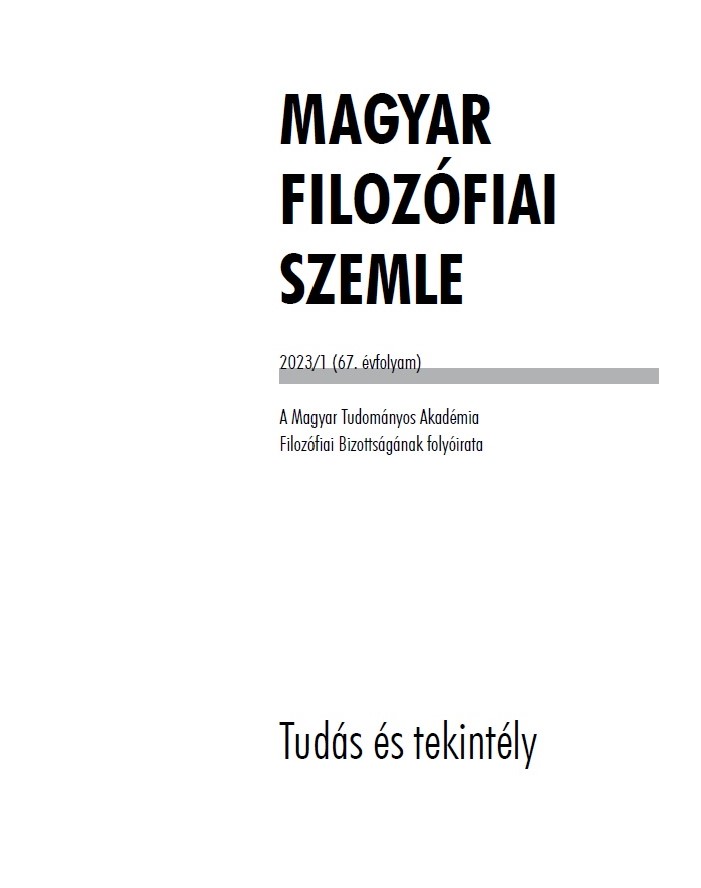Populista vagy posztfasiszta logika?
Kritikai észrevételek Ernesto Laclau diskurzus-elméletéről
Absztrakt
In this paper, I take a critical look at the theory of populism proposed by Ernesto Laclau, and some attempts to “bring peace” to the agonistic relationship between post-marxist discourse theory and the critique of political economy. Through this, I attempt to show how Laclau’s theoretical conception of populism is structurally and (from a certain vantage point) qualitatively similar to capitalism. This is a problem because Laclau ontologizes the logic of populism, thus coming close to ontologizing capitalism as well. A further danger of taking Laclau’s account for granted is revealed through the analysis provided by G. M. Tamás, of the political consequences of capitalism’s current crisis, namely: post-fascism. I argue that populist politics today cannot break the post-fascist tendency, but is in fact bound by it – which points toward the necessity to think of the political in a different way.



